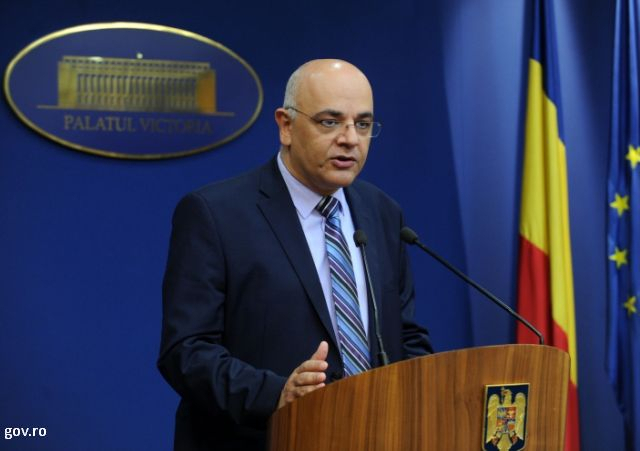Recommendations before Christmas
Romanian authorities urge the population to observe the anti-Covid measures and draw attention to the fact that the spread of the coronavirus will not stop at Christmas or New Year's Eve

Roxana Vasile, 23.12.2020, 13:50
There is little time left until Christmas and New Year’s Eve, so Bucharest authorities have urged the population to strictly observe the anti-Covid-19 measures in place, to make sure the spread of the coronavirus does not surge after the holidays. In an interview, the head of the Department for Emergency Situations, Raed Arafat, has stated that people should not welcome visitors during the holidays, not even family members that do not normally live with them. If, however, this cannot be avoided, everybody should wear a protective mask, except, of course, for the time when people are eating. When this happens, the safe distance must be observed, and the room should be well aired, even if it’s cold outside.
If the measures are not observed, Arafat has stressed, the number of infections will rise after the holidays, which in turn will mean a larger number of people needing hospitalisation and intensive care. As regards the new variant of Sars-Cov-2, Raed Arafat has stated that it does not make the illness more severe, it just spreads faster and therefore can lead to a larger number of infected people, translating into a more severe impact on the health-care system.
In the meantime, before the first doses of vaccine arrive, antigen rapid tests are being distributed across the country. Most Romanians are worried (47%) or extremely worried (17%) about the evolution of the Covid-19 pandemic. However, they do not seem extremely eager to get vaccinated. Only 30% say that they will get the jab next year, during the national campaign which, in the first stage, will target the staff in the hospitals where Covid-19 patients are being treated. 29% of the Romanians refuse vaccination, 29% are undecided and 10% cannot say anything about that.
According to a survey conducted by Avangarde over December 10-20, on a sample of 900 respondents, with a margin of error of 3.2%, 51 out of 100 interviewed people say that politicians and the state institutions are to blame for the large number of Covid-19 cases. 70% of the respondents would not agree with a general lockdown, and only 16% would approve it. Also, 72% of the respondents believe that churches should not be closed at Christmas, as it happened in spring, for the Easter holidays. (M. Ignatescu)






























